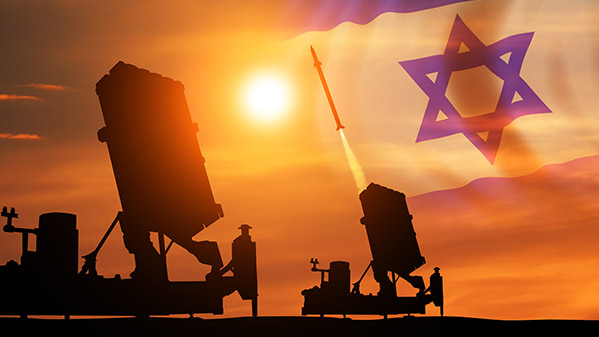55% of Americans say the goal of the United States should be to end the war between Israel and Hamas as soon as possible, while 34% say it should be to support Israel until they eliminate the threat from Hamas. This is a significant shift from October, when Americans were divided 43%-43%.
Reflecting this preference for ending the war, 49% of Americans support President Joe Biden applying more pressure on Israel to accept a ceasefire even if Hamas has not been fully defeated. 35% oppose this.
WHY IT MATTERS
Even as public opinion is shifting toward ending the war in Gaza, President Biden and many in Congress are trying to pass a security bill that includes military aid to Israel to enable them to prosecute the war further.
NOTABLE SHIFTS IN OPINION
- The largest shift has occurred among Republicans, with 47% who now say the goal should be to end the war as soon as possible, up 17 points since October.
- 63% of Democrats and 56% of independents say the goal should be to end the war as soon as possible, up 7 and 11 points, respectively.
- 53% of New Majority voters say the goal should be to end the war as soon as possible, up 14 points.
Despite this support for ending the war, just 31% agree that President Biden’s support of Israel is enabling a genocide in Gaza. This includes 29% of Republicans, 36% of Democrats, and 27% of independents. However, 48% of Gen Z voters – a plurality – agree Biden is enabling a genocide, reflecting growing anger at Biden among a key part of his constituency.
OTHER KEY FINDINGS
Most Still Blame Terrorists
Despite the shift toward ending the war as soon as possible, just 19% of Americans blame U.S. and Israeli policy for terrorism more than the terrorists’ ideology of hate and violence. This is not significantly different than October’s findings.
Fewer Paying Attention
64% of Americans say they are closely following news about the Israel-Hamas war. This is down from 76% in October. The number of Americans following the news “very closely” has dropped to 23% from 32%. Notable demographic differences:
- 73% of men are closely following the news about the Israel-Hamas war, compared to 57% of women.
- More older voters are closely following the news about the Israel-Hamas war: 75% of Baby Boomers, 61% of Gen X, 59% of Millennials, and 52% of Gen Z.
Plurality blame Hamas
In an open-ended question about what started the most recent fighting in the Middle East, 44% provided answers blaming Hamas or the Palestinians and 6% provided answers blaming Israel. 19% answered they didn’t know.
Mixed Support for Resettling Palestinian Refugees
43% support the United States accepting Palestinian refugees from the Israel-Hamas war. 41% oppose. Notable demographic differences.
- 60% of Democrats support accepting Palestinian refugees compared to 27% of Republicans and 43% of independents.
- 63% of Gen Z voters support accepting Palestinian refugees compared to 44% of Millennials, 40% of Gen X, and 39% of Baby Boomers.
- 66% of Left Minority voters support accepting Palestinian refugees compared to 35% of New Majority voters. However, 57% of New Majority voters currently planning to vote Democratic for Congress in 2024 support it.
Of Note: Fewer Americans support the U.S. paying to resettle Palestinian refugees in other Middle Eastern countries (37% support, 46% oppose) than support accepting them in the U.S.
No Consensus on What Will Bring Lasting Peace
44% say the defeat of Hamas and an end to Iran’s funding of terrorist groups is more likely to lead to lasting peace in the Middle East, compared to 40% who say a two-state solution and a withdrawal of the U.S. from the Middle East. Notable demographic differences:
- Republicans say defeating Hamas is more likely to lead to lasting peace by a margin of 60% to 27%. Democrats are the opposite, with 53% saying a two-state solution is more likely to lead to lasting peace and only 30% choosing the defeat of Hamas.
- There is a similar age divide. Gen Z and Millennial voters are more likely to say a two-state solution is more likely to lead to peace, while Gen X and Baby Boomer voters are more likely to choose defeating Hamas.

